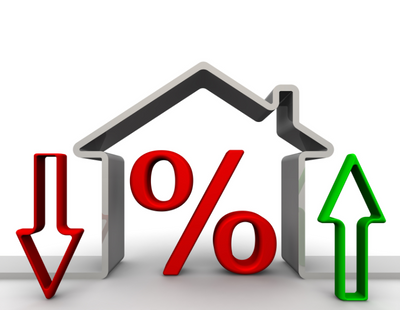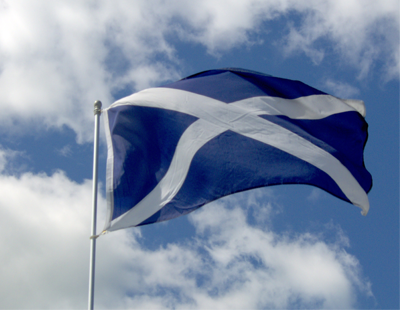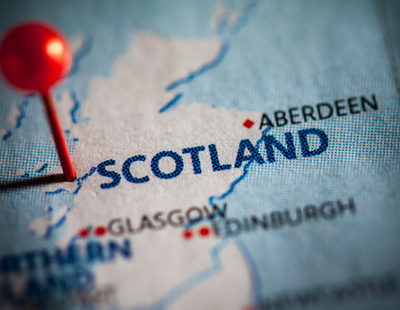
High property taxes in Scotland may eventually deter buyers, one of the country’s major agents has warned.
Analysis by DJ Alexander has found that property taxes in Scotland exceeded £623m over the past twelve months.
Government revenues from Land and Buildings Transaction Tax (LBTT) totalled £623.1m in the 12 months to April 2024.
Of the £623.1m taxes raised, just £194.5m is from the additional dwelling supplement (ADS) for buy-to-let homes, suggesting homebuyers are bearing the brunt of the tax.
Almost all the taxes raised arose from properties sold for more than £325,001, according to the research.
The 16,590 transactions above this threshold raised £354.8m which is 82.7% of the total £428.6m raised in LBTT when you remove the ADS figures. This means that the average tax levied per transaction was £21,386.
David Alexander, the chief executive of DJ Alexander Scotland, said: “Once again the Scottish homebuyer has paid handsomely for the privilege of buying a house in Scotland rather than south of the Border.
“With the 10% property tax beginning at £325,001 in Scotland compared to £925,001 in England we are charged substantially more than our English counterparts.”
The higher property taxes don’t appear to be hampering the market in Scotland yet but Alexander isn’t sure how long it will last.
He added: “In England average prices rose just 0.4% over the same period while in Wales there was a fall of 0.2%.
“What this tells us is that demand remains strong in Scotland despite the higher taxes. Whether demand would be even greater if there was a level playing field in property tax we will not know unless the new First Minister decides to make the system fairer for those buying in Scotland.”
Alexander suggested that the LBTT is an “easy earner” in Scotland, adding: “While the Scottish market continues to perform strongly this may not continue if taxes remain substantially higher in Scotland than the rest of the UK.
“It may deter individuals and companies from future investments in Scotland if the higher costs in property and personal taxes results in people being unwilling to move here while the taxation regime is so much higher than elsewhere in the UK. Until that point though this remains a substantial revenue earner for the Scottish Government.”
















.png)


.png)




Join the conversation
Be the first to comment (please use the comment box below)
Please login to comment